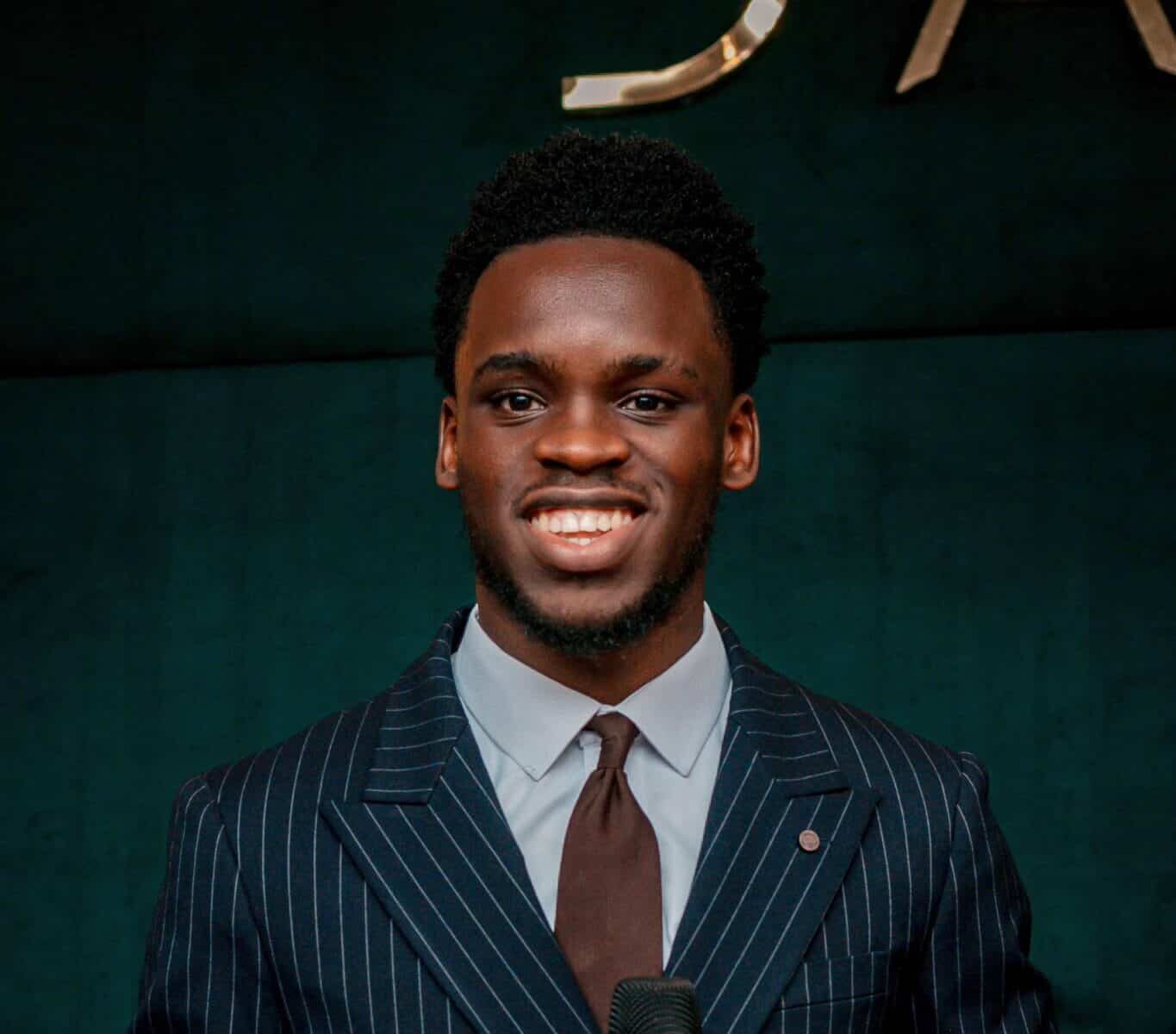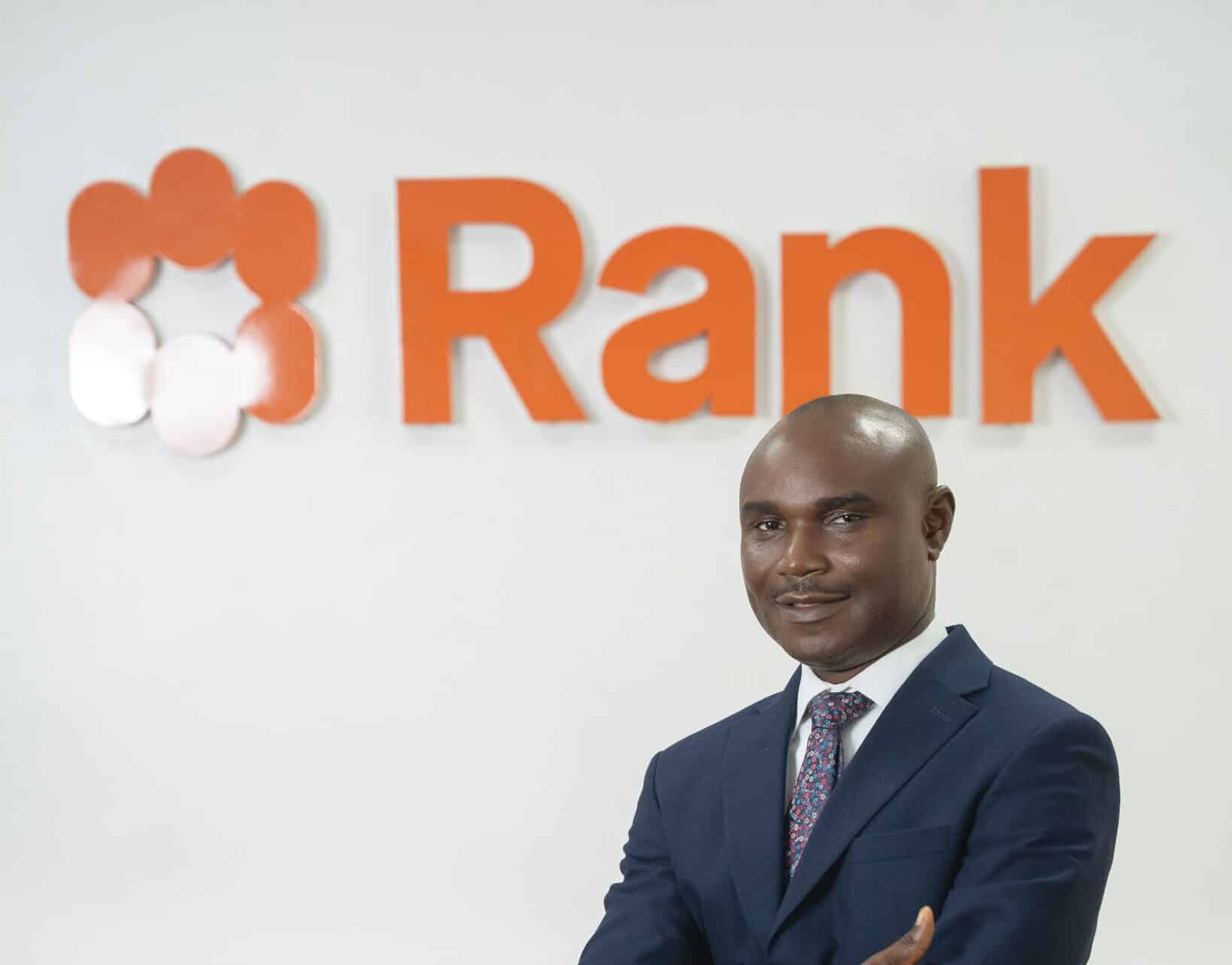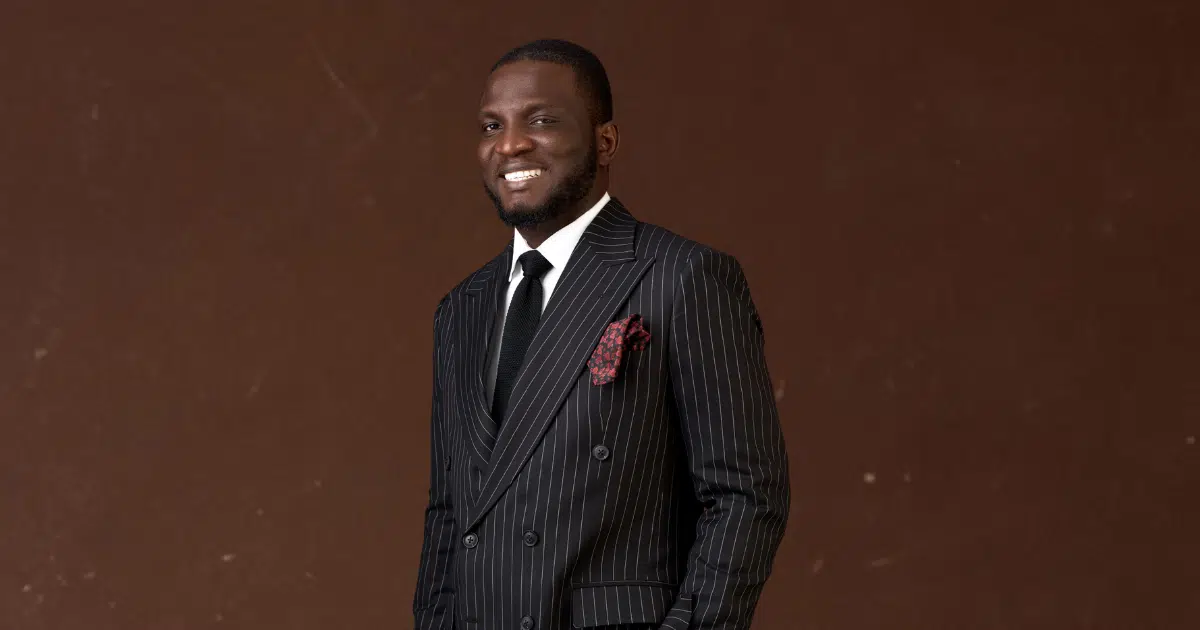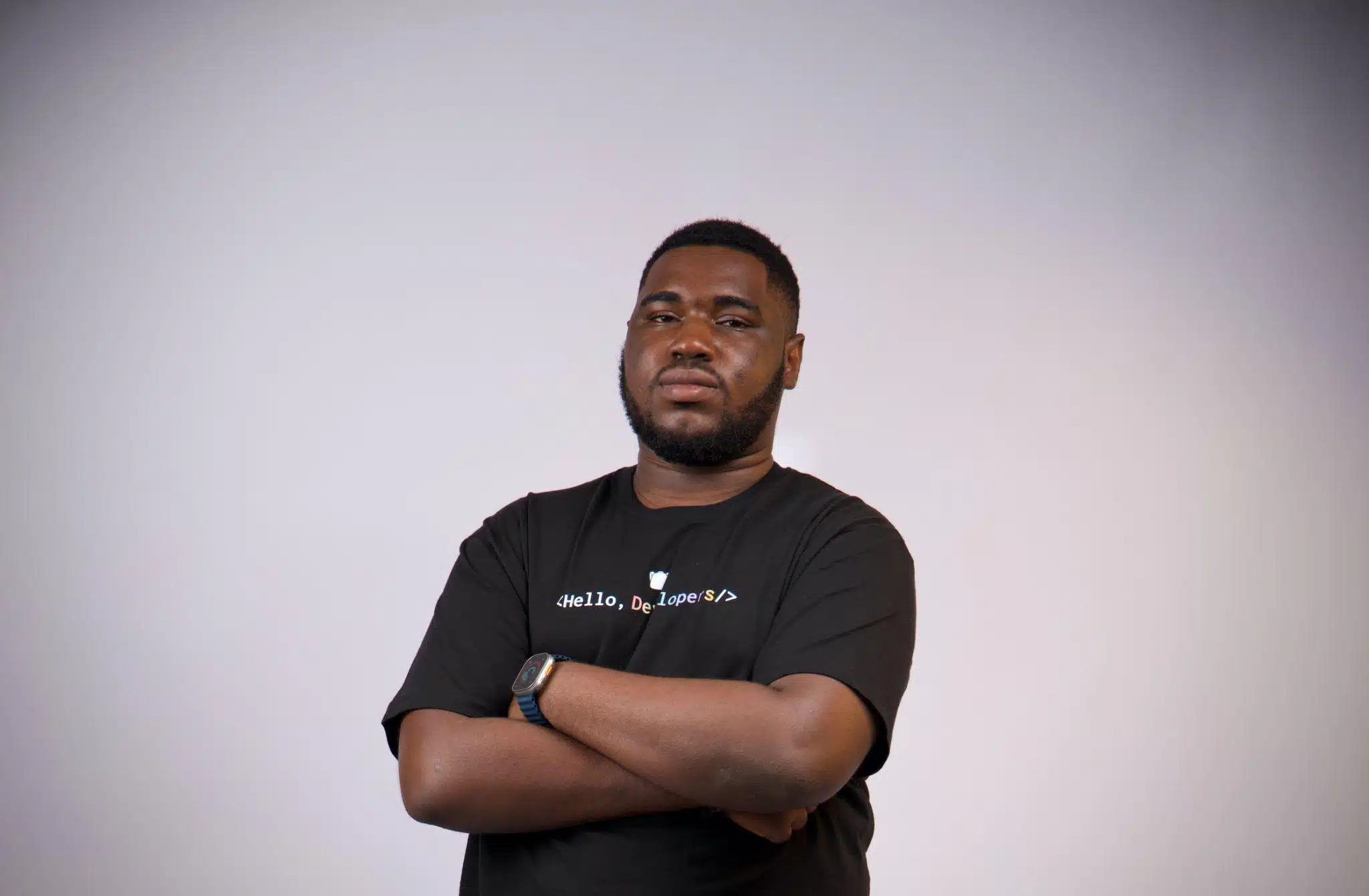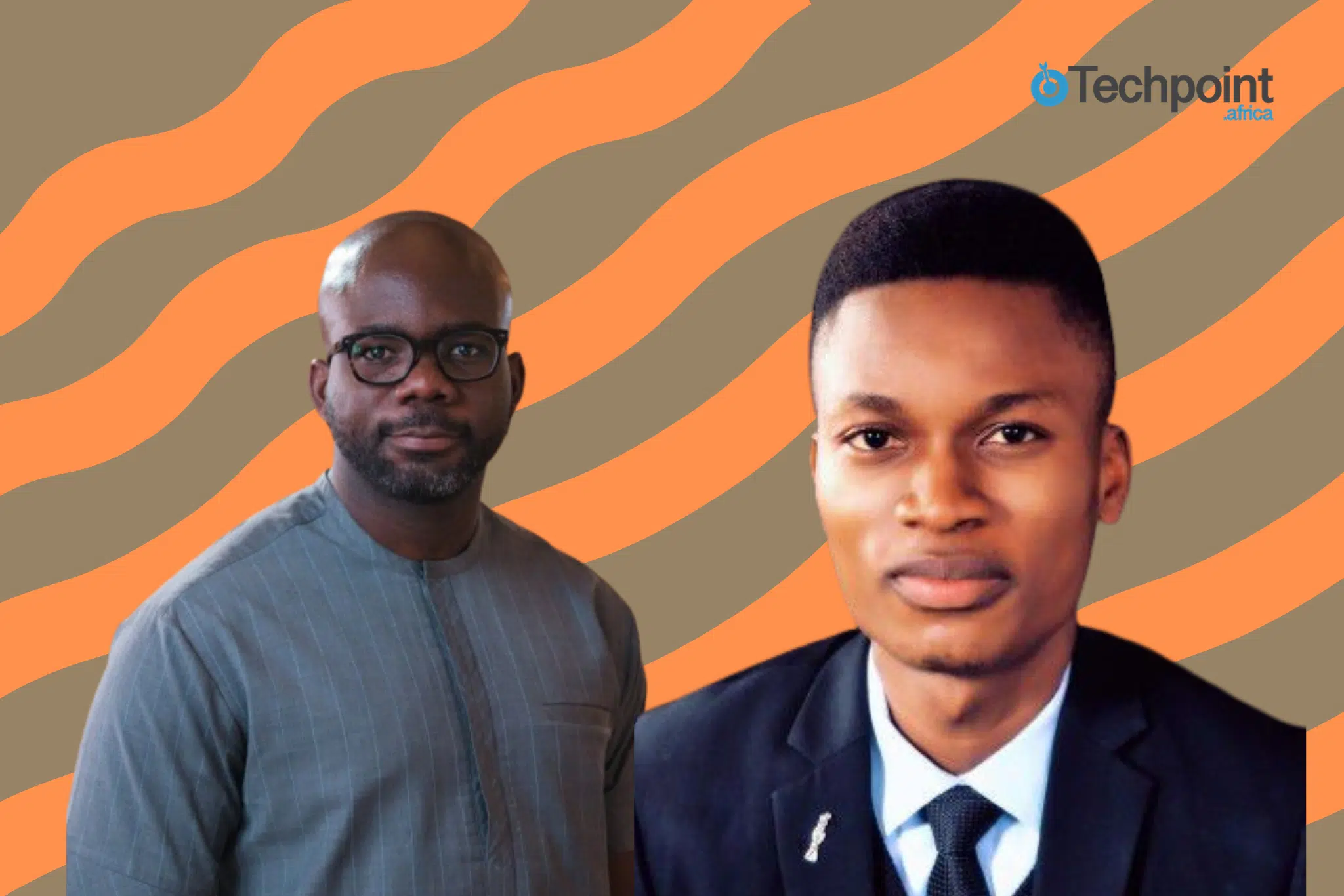At 19, Miracle Nwankwo built BookClinic, a health-tech startup that connected patients to medical diagnostics. The product gained traction, secured investments and opened doors, one of which led to a role he never imagined this early: leading the African expansion of Veefin, a global fintech headquartered in India.
In this edition of After Hours, we follow Nwankwo’s journey from fawning over Mark Zuckerberg and his intellect to studying Computer Science at Babcock university and now evolving into a young CEO at the age of 22.
Interactions with technology
My very first interaction with technology happened back in secondary school when our ICT lab was completed. That was the first time I really used a computer, and although it was just basic practical sessions, it opened my eyes to what computers could do.
What actually pulled me fully into the tech space was the influence of Mark Zuckerberg. I admired how he built something that changed the world and became a young billionaire while solving problems with tech. That inspired me to attempt building things too.
The first product I ever tried to create was a social media platform. It never worked out, but it marked the beginning of my interest in building with technology. From there, I kept having ideas, trying things out, and making attempts at building solutions. That curiosity and ambition became the foundation for everything I do now.
Because I was already inspired by the possibilities of technology and the success stories behind it, I made up my mind very early while still in secondary school that I was going to study Computer Science. The goal was simple: build tech solutions that millions of people would use and eventually become a billionaire.
I didn’t have any coding experience before university. I didn’t even own a laptop until I entered 100 level. But once I started, I pushed myself very hard. I relied on self-learning through platforms like YouTube, freeCodeCamp, and other online resources. I also participated in some hackathons and online tutorials. Combining those with my schoolwork helped me build apps, create a decent GitHub portfolio, and eventually launch my own startup.
I got into freelancing at the university. My first job was a coding gig in 2022, and I think I was paid ₦60,000 at the time. It just gave me reason to continue in tech.
Building BookClinic, my first startup
At 19, during my internship, I launched my first startup, BookClinic, a health-tech product. It was co-founded with my cousin.

Victoria Fakiya – Senior Writer
Techpoint Digest
Stop struggling to find your tech career path
Discover in-demand tech skills and build a standout portfolio in this FREE 5-day email course
BookClinic worked like an Uber but for healthcare. Instead of walking into a diagnostic centre and waiting hours for an X-ray, CT scan, blood test or any medical service, users could book ahead through our platform. The app showed nearby partner health facilities, their availability, pricing, and appointment times. Users booked online and simply walked in with a booking ID to get faster service.
At the time, we partnered with about 80 healthcare centres across Lagos and were operational in about 18 locations. The traction was strong, but due to some founder mistakes and other challenges, we had to pause operations after about a year. However, a new version of BookClinic is currently under development, so I haven’t given up on it.
BookClinic secured a $20,000 investment in 2023, which remains our only fund raise till date.
How BookClinic led to Veefin
The work I did with BookClinic opened the door for my next opportunity.
An investor from BookClinic had a conversation with a business associate from India, and that was how the founders of Veefin, a global fintech company, got introduced to me. They were looking to expand into Nigeria and Africa.
We were invited for discussions, and eventually they trusted me to lead their Nigerian and West African expansion. So the same founding team and staff from BookClinic transitioned into Veefin Nigeria, although I am the active CEO of Veefin Solutions Nigeria. I assumed that role in February 2025, and we officially launched in August 2025.
Veefin is a massive company processing over $40 billion annually with more than 500 partner banks and financial institutions globally, including HSBC, the Central Bank of India, Bank of Kigali, IndusIand Bank, and others.
The company provides end-to-end technology infrastructure for banks, NBFCs, and corporates. Simply, if a bank needs a lending platform, we provide the complete system; web, mobile, analytics, fraud monitoring, risk tools, customer service layers, everything. Instead of using separate tools for HR, order management, customer service, and payments, our solutions consolidate everything into a single platform.
Our group has 11 product lines including supply chain finance, fraud and risk analytics, digital lending, trade finance and cash management, AI solutions, and securitisation solutions. In Nigeria, our primary offering is the supply chain finance platform.
Before Veefin, I had no formal fintech background. I was coming from health-tech. So stepping into a fintech leadership role required serious learning.
I had to understand the lending ecosystem, learn business banking structures, study how banks operate internally, understand compliance, risk, and regulatory requirements, and understand how to sell tech to enterprise-level clients. Being in this role has been a beautiful experience.
My role involves meeting bank executives, pitching our platform, and demonstrating how our solutions help them scale, cut costs, and operate more efficiently. It’s challenging but very fulfilling.
Tools and tech
The truth is our everyday life revolves around technology, from checking my phone first thing in the morning to office work, client interactions, and staying in touch with people across locations. I think technology influences almost 100% of my life right now.
One app I can’t live without is WhatsApp. It’s essential for my business and communications. A tech product I can’t do without would be my mobile phone. I practically run my entire work and personal life through it.
Something I can’t do without as well is AI. Even though AI tools have defined purposes, the creative freedom they offer is huge. I use AI to refine emails, develop content, organise tasks, brainstorm, and analyse documents. It’s the tool where I express creativity the most.
I stay updated by surrounding myself with tech-savvy people, either colleagues, friends, or teammates. Also attending tech events and seminars, following tech influencers and tech-focused pages online, reading tech blogs and industry updates.
I’m very curious and quick to try new technologies, especially if I see how they can benefit me. When new AI tools like Sora came out, I tried them immediately. The only barrier sometimes is cost. But if it’s useful and affordable, I explore it quickly.
My biggest challenge when handling new technologies is the knowledge gap. Some tools require deep understanding before you can properly benefit from them. I’m curious and quick to try new things that benefit me. Another challenge is the value gap. If It’s not built for the things I do, then I have no need of it. New technologies often aren’t perfect at launch; early versions sometimes produce inconsistent results.
Technology and social media have helped me express myself more confidently. I now post more on LinkedIn, TikTok, and Instagram, mostly about my work, challenges, and the projects I’m building. Some of these posts go viral and bring new opportunities. I think that if you’re building something innovative, the world should know about it. Social media is like a personal branding tool, helping me build visibility and easily communicate what I’m working on.
I think technology would shape the future in a splendid way. Almost every five to ten years, there’s always a crazy invention, and we sometimes don’t see the clue. Just like how 10 years ago, ChatGPT wasn’t known, and now it’s making life easier. In a few years, the big and amazing technology we have now will be replaced by something even better. Technology is going to keep advancing in all fields.

